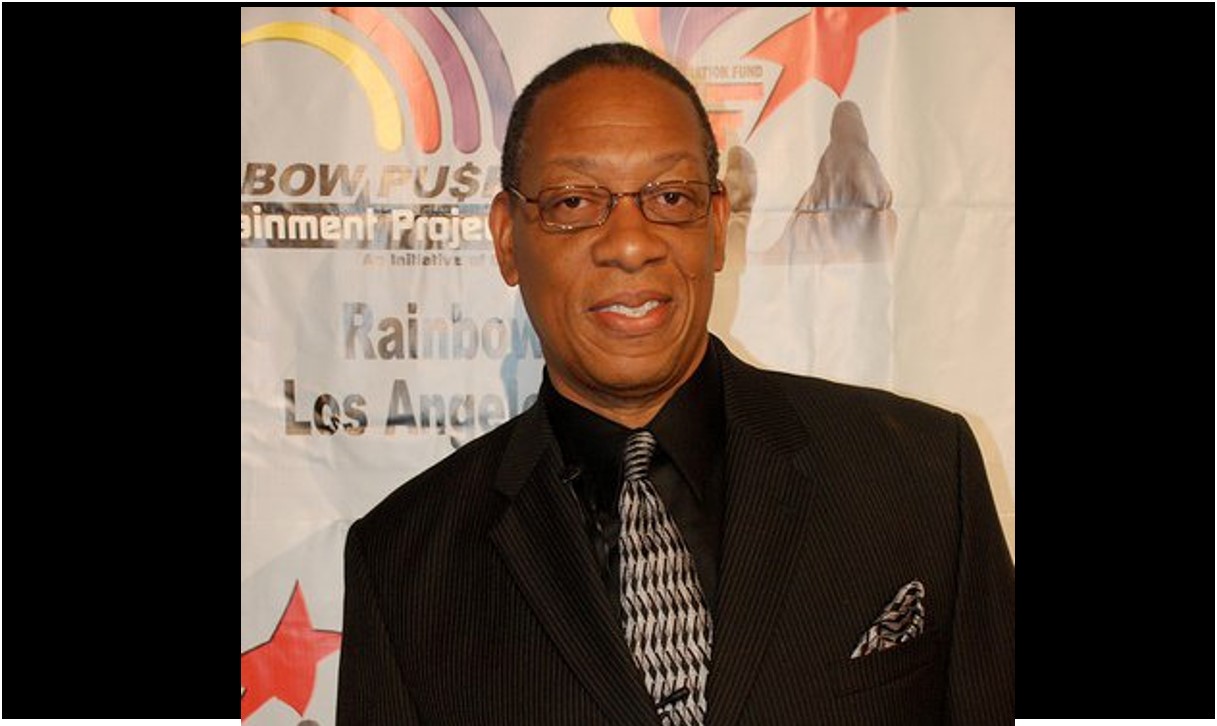On this day in comedy on September 5, 1985 The Comedy Act Theater opens its doors!
Struggling music promoter, Michael Williams was frustrated with the business. One night to break the monotony he went to a club with a friend and saw his future. A comedian named Robin Harris was on stage wreaking and convulsing the room with laughter. When Harris departed the stage, Williams stepped to him. How would Harris like to host an all-black comedy club? Having recently been snubbed by Comedy Store owner, Mitzi Shore for being “too black” this sounded like a golden opportunity. Harris asked where this club was. Williams had to tell him he didn’t know yet. He had just come up with the idea when he saw Harris.
That brainstorm didn’t take long to materialize. Soon Williams was telling Harris to report to a small storefront on Crenshaw Boulevard in what was then known as South Central L. A. or to some Leimert Park. The opening night featured many established black comedians. Robert Townsend was there along with Sinbad, Myra J, a Wayans or two and several others. Attendance was decent, but the word spread and it wasn’t long before the store front could not contain the wave of people trying to make their way inside for this new party.
The new location of The Comedy Act Theater was right around the corner on 43rd east of Crenshaw in the Regency West building owned by “Mr. Calloway” father of actress Vanessa Bell-Calloway. Business boomed and celebrities spilled out of the woodwork. Everybody was there to see the cash cow, Robin Harris.
Harris made the Comedy Act Theater the legend it became. His onstage antics were the stuff people talked about the next day and throughout the weekend. It became the place to be on Thursday –Saturday. With an old school style and rapid fire insults (he talked about patrons on the way up the stairs to the bathroom and on the way back down as well as anybody wearing something dumb or saying something stupid) and ad-libs (not to mention signature routines; most famous being Bebe’s Kids) made him the talk of Los Angeles and soon Hollywood. Industry types made caravan trips down to the hood to see him and it wasn’t long before Robin Harris was in movies; adding even greater cache to this hot night spot.
Williams expanded his original vision. He opened another Comedy Act Theater in Atlanta. It was a success; taking the fledgling career of Jamie Foxx to “must see” status and introducing the South to up & comer, Chris Tucker. Then Williams went for a trifecta and founded the Comedy Act Theater in Chicago. That’s when Williams’ fortune started to turn. The Chicago spot was an initial success, but Chicago was a comedy town and making inroads into the territory of the already established black favorite, All Jokes Aside was no small task. In this case it was an impossible one and Williams had his first defeat in comedy. The club closed.
When Harris died on March 18, 1990 of a sudden heart attack many thought the L. A. club was doomed. That first Thursday after the funeral only 15 patrons attended the show. So the search was on for a new host to re-ignite the public’s imagination. Many of the regular comedians had auditions in front of live audiences, but none were Robin and that’s what the club needed; a comic who engaged the audience. While most on the younger comedians feared the challenge, St. Louis transplant, Joe Torry saw it as an opportunity to establish himself. So he raised his hand at the right time and got the gig. Then just like Harris he was off to Hollywood. Those returning industry types liked what they saw and Torry had a film career.
Next up to bat as host was D. L. Hughley. He went the same route as Harris and Torry. His shoulder was tapped for bigger things and he followed the beckoning finger to fame. Speedy gave it a shot as did Keith Morris, but after Hughley the interest began to wane. The club had no consistent anchor and the crowds thinned. Williams was diagnosed with cancer and hospitalized. Few thought he would survive, including Williams so he left the club to be run by family who in his absence did their best, but pretty much ran it into the ground.
Atlanta’s Comedy Act Theater also closed due to family mismanagement. Michael Williams beat his form of cancer and returned to the fray, but it was all too late. His empire had all but crumbled and by the mid-90s the original Comedy Act Theater on 43rd was nothing more than a memory, but what a glorious memory it will remain.
By Darryl “D’Militant” Littleton
Check out this clip:


